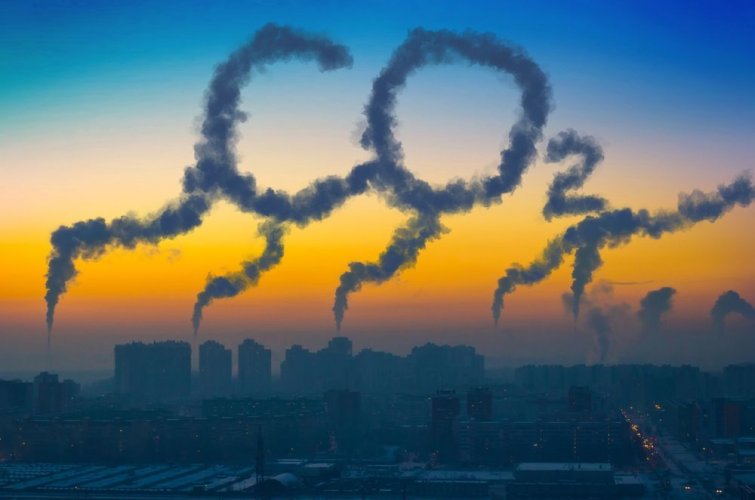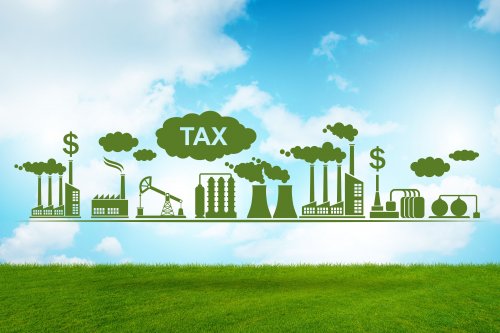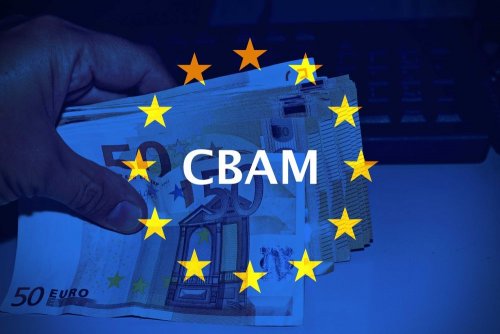The trade association Carbon Capture and Storage (CCS) Europe warned the European Commission that the EU executive did not pay attention to the issue of carbon dioxide purity in new guidelines published on July 24 for the implementation of the 2009 CO2 Storage Directive.
This is reported by Euronews.
Major producers have warned that potential storage operators would require the greenhouse gas to first be cleaned up to the point where it is no longer economically viable.
The publication notes that the EU is placing its climate ambitions on carbon capture and storage (CCS) to prevent billions of tons of CO2 emissions in the coming years. But a technical hurdle could delay the rollout of a technology that, even its proponents admit, has barely begun to develop.
CCS association director Chris Davies noted that the new guidelines did not set criteria for what CO2 purity standards were acceptable. This factor allows operators to set their own requirements.
European heavy industry stakeholders say that using CCS will only be economically viable if it is cheaper than paying emissions quotas under the EU's emissions trading system, which currently stands at around €66 per tonne of carbon dioxide equivalent. Capturing CO2 from pipes or during industrial processes such as cement, steel or glass production is already an energy-intensive and expensive proposition.
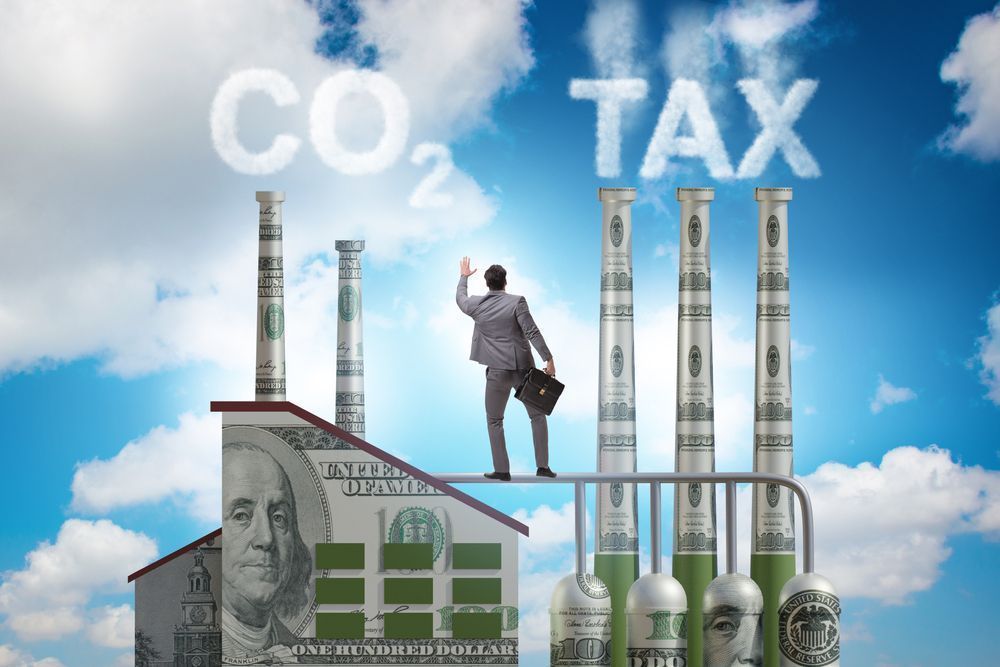
Davis warned that storage operators are demanding additional purification of the greenhouse gas from sulfur oxides (SOx) or water vapor because they fear their destructive effects on equipment for transporting and injecting CO2. But such pre-treatment of carbon dioxide, in his opinion, will lead to "costs that can be so burdensome that industrial enterprises will continue to emit CO2 into the atmosphere."
This is another obstacle to the implementation of the technology, which the European Commission believes is necessary to achieve the EU's climate goals and achieve zero emissions by mid-century.
The publication notes that recent reports predict an increase in annual storage capacity from almost zero to 280 million tons by 2040 alone.
Euronews cites the example of the only CCS project in Europe that is due to start operating in the coming months – Norway's Northern Lights. It requires that liquefied CO2 delivered for permanent underwater storage be 99.81% pure and contain no more than 10 ppm SOx and 30 ppm water.
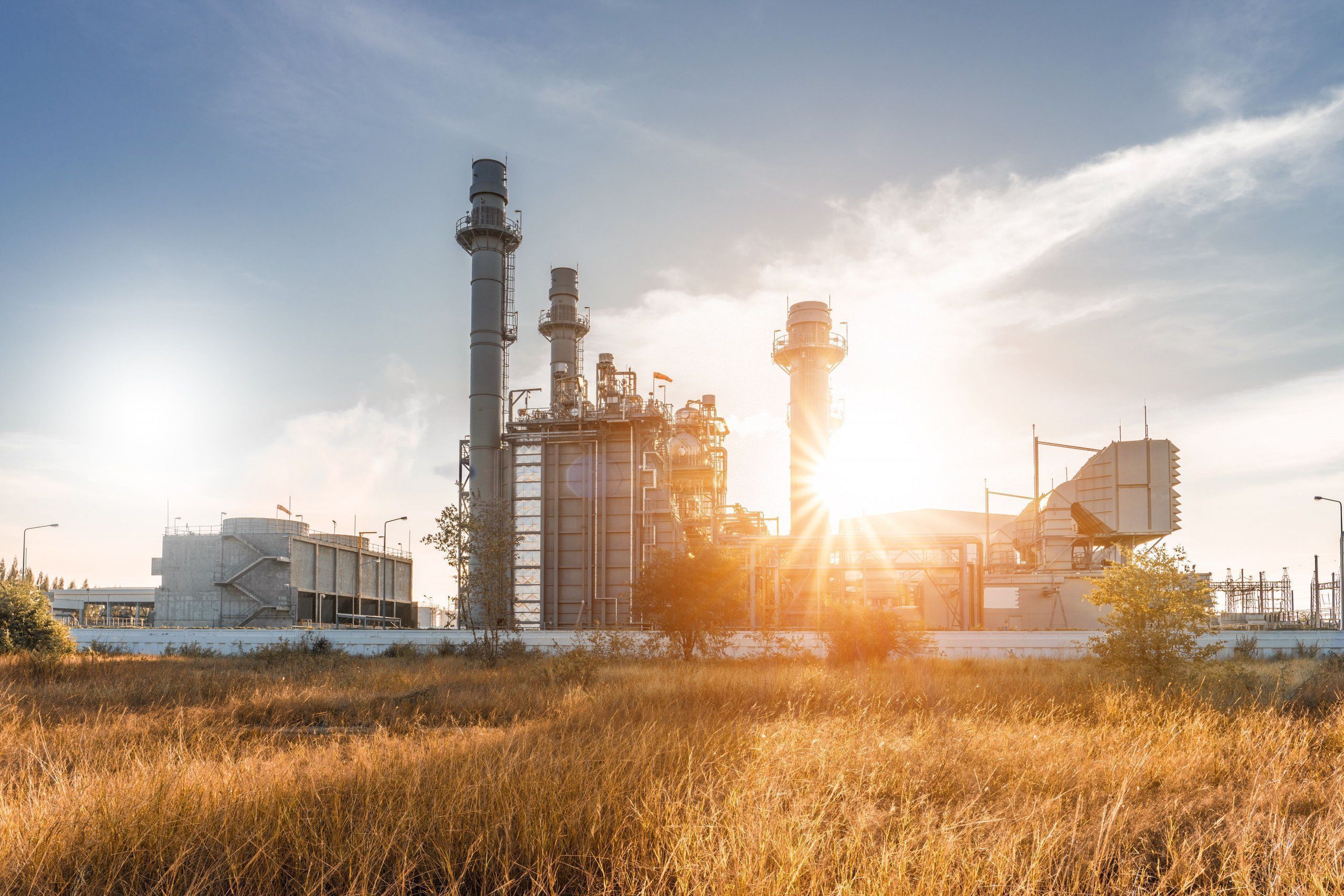
European heavy industry is clearly concerned about this issue. A source at a major energy-intensive industrial producer told Euronews that "overly strict" cleanliness specifications would drive up costs, and that the lack of easier-to-comply EU-level cleanliness standards "has the effect of slowing the pace of CCS development".
"The legislation is more than 15 years old and still not being implemented. There has not been a single commercial injection of CO2 for permanent storage within the EU since it was passed," Davis says of the directive, which he helped draft.
Before, EcoPolitic wrote that, according to researchers, significantly on the price of CO2 in the EU political support influences. We also told that experts of the European Observatory of Climate Neutrality claim, that EU countries are going in the "wrong direction" in their efforts to reduce carbon dioxide levels, as natural carbon sinks continue to disappear and a lack of climate investment puts progress at risk.

